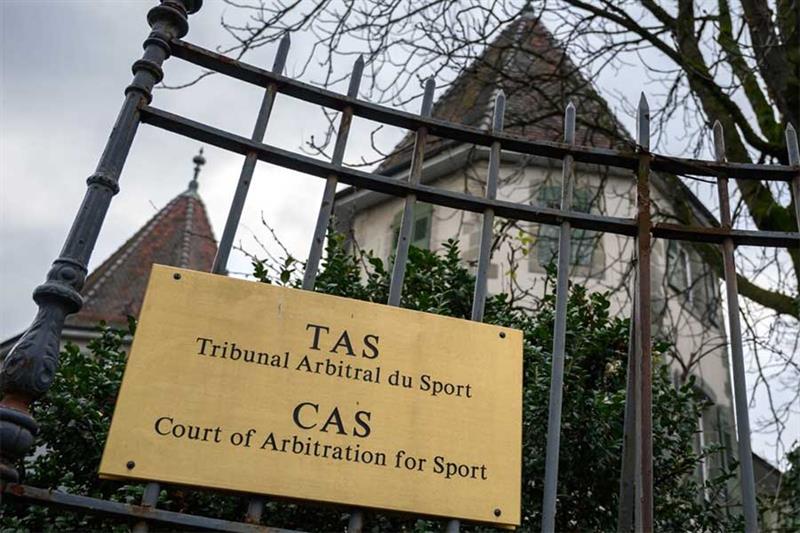The Court of Arbitration for Sport (CAS) has ruled against the Confederation of African Football (CAF) over the controversial approval of Moroccan side RS Berkane’s jerseys in the 2023/24 CAF Confederation Cup, in a case brought forward by the Algerian Football Federation (FAF) and USM Alger.
The decision, delivered on Wednesday, annulled CAF’s initial approval of the Moroccan club’s kit, which featured a map of Morocco including Western Sahara, a disputed territory.
The ruling not only invalidated the jerseys but also cast serious doubt over CAF’s governance, exposing significant lapses in its adherence to regulations.
CAF’s Initial Approval Sparks Controversy
The issue began in April 2024, when CAF allowed RS Berkane to wear jerseys that depicted a geographical map incorporating Western Sahara during their semi-final clash against USM Alger.
The approval was met with immediate opposition from the FAF and USM Alger, who argued that the inclusion of the map on the kits constituted a political statement, violating CAF and FIFA regulations.
CAF’s Equipment Regulations (Article 1.03) and Law 4 of the International Football Association Board (IFAB) Rules prohibit political messages on playing kits. Additionally, CAF’s own Statutes and Implementing Regulations demand strict political neutrality, a principle the governing body was accused of ignoring in this case.
For FAF and USM Alger, the jerseys represented an unacceptable breach of sporting impartiality, prompting them to escalate the matter to CAS in search of a ruling that would uphold regulatory standards.

CAS Delivers a Damning Verdict
CAS’s ruling was unequivocal—RS Berkane’s jerseys were deemed to contain a political message, breaching both CAF and FIFA’s established rules. The court’s decision invalidated CAF’s approval and banned the use of the contested kits, marking a significant legal defeat for the continental football governing body.
The judgment has intensified scrutiny on CAF, whose decision-making process has been called into question. Critics argue that the organization’s handling of the issue has damaged its credibility, further exposing weaknesses in its governance.
CAF Under Pressure to Address Fallout
The ruling has left CAF in a difficult position, forcing it to reconsider its regulatory enforcement and the transparency of its decision-making process. The organization now faces mounting pressure to rectify its missteps, restore its authority, and prevent similar controversies in the future.
With its credibility already under strain, CAF must now navigate the fallout of this ruling carefully, aware that any further misjudgments could deepen the crisis surrounding its governance.












